
Transcription
HS 2/7
Name- Goehler
Reading Guide due Class Period 4: Self-Awareness (self as student)
Learning through Metacognition & Neuroscience
Directions: In preparation for the class discussion, please complete the following before the 4th class.
1. Skim the 4 articles that make up supplemental materials 4, 5, 6, & 7. Using 1-2 sentences, describe what you will be learning in the reading for this reading guide.
How to develop self reflective AWARENESS. Thinking about thinking/Formative assessment strategies Neuroplasticity/malleability. Learning to learn with four techniques.
Read Supplement #4 -Know Thyself: How to Develop Self-Awareness. How important is self-reflection in your life?
1. The first part of this reading connects to information from Parsons ch. 1 and Thomson ch. 2. Review both of these.
A. Explain how the first portion of the article is both similar and different than information from Parsons ch. 1.
- Similarities
Self Awareness is paramount in establishing Emotional Intelligence.
- Differences
Parsons is more focused on Characteristics of Effective Helpers
B. Explain how the first portion of the article is both similar and different than information from Thomson ch. 2.
-Similarities
They both address Emotional Intelligence
- Difference
Supp #4 is via Hindsight, whereas Thomson focuses more outward to Responsibility to self/others MANAGEMENT
2. Understand your life story
A. Define narrative identity
The stories we tell ourselves - about ourselves --> well said
B. *Explain some aspect of your narrative identity. The 3 questions in this portion of the reading may be helpful to you in answering this question.
Self awareness is the fruit of reflecting upon life experiences. My personal identity acknowledges my propensity to impinge upon F.E.A.R. (False Evidence Appearing Real) in order to discover the misunderstanding, come what may. Everything is a learning "experience".
3. Create a daily habit of self-reflection
A. Note that this overlaps with information about the experiential learning cycle. According to research, what advantages are gained by practicing self-reflection?
Mindfulness of the more important things in life
B. *Describe a time in your life when you have used self-reflection. How was it helpful to you?
http://betweenthebars.org/blogs/420/william-goehler has about 300 blogs of my self reflections. It has definitely released a lot of anxiety over misunderstood points of view.
4. Seek honest feedback
A. How does this connect with information you read in the Thomson book?
Writing a journal of reflections circumvents the three main triggers (Relationship/Identity/Truth) toward being a more authentic person.
B. Describe a time you received either positive or negative feedback.
From others observation, their "feedback" merely tells me how (self) aware they actually are. I know me much better than others point of view.
Name- Goehler
Read supplement #5- How Metacognition Boosts Learning: Students often lack the metacognitive skills they need to succeed, but they can develop these skills by addressing some simple questions.
1. Define metacognition
[Meta Gk. among, with after] 2: transformation 3: transcending. Cognition is the act or process of knowing [L. to become acquainted with]. I'd define it as Awareness.
2. Define metacognitive awareness
Reflective assessment of Awareness
3. Define the perception gap
Overconfidence and/or underconfidence based upon poor reflective assessment of Awareness.
4. List some benefits of metacognitive activities
Awareness of awareness permits management of self and others, along the underlying purpose of discovering whats what... and reflecting upon that for better understanding.
5. Explain the following "Simply being aware that there's a difference between a fixed and a growth mindset is one of the most effective metacognitive strategies that students can benefit from" (p. 9).
Whats to learn if one already knows it all? --> well said
6. List metacognitive strategies to use during class
Ask the right questions about purpose of study and goal to be achieved - method of study - how to apply - etc.
7. List metacognitive strategies to use when preparing for a test
Quiz themselves students should. Anticipate difficulties and prepare to overcome - preemptively! Write notes and determine readiness.
8. List metacognitive strategies to use to review after a test
Reflective Assessment of Awareness and application / Learn from experience / re-determine what to do differently, if need be.
9. *How can you use information from this article in this class this semester. Your answer should be specific. You may spend time reflecting on ways you have or have not used metacognitive skills in past classes and how you plan to change that this semester.
My best metacognitive tool is to pursue knowledge simply for the love of truth - as pure research. I put aside know it all points of view and discover new points of view to consider merit and applicability.
10. *Look at your answers so far on this reading guide. Ask yourself "How well am I doing on this reading guide? What can I do to continue my high level of performance or improve my performance on the remainder of the reading guide?"
I think that I'm producing original understanding of material in the most part. I appreciate this course material so I anticipate new discoveries, as is the purpose of Pure Research.
Name- Goehler
Read Supplement #6- What Is Brain Plasticity?
1. Define neuroplasticity
Its a term that refers to the brain's ability to change or adapt as a result of experience.
2. Give a 3-5 sentence summary of the history and research on brain plasticity
Up until the 1960s, it was believed the brain was formed in childhood. By adulthood the structure was pretty much the mold of life. Yet modern research and personal experience demonstrates the mold can be broke with determined effort to become better able to function as a re-formed homo Sapiens - sapiens.
Other posts by this author
|
2023 may 31
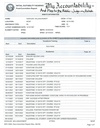
|
2023 apr 5
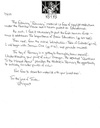
|
2023 mar 19
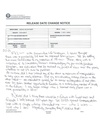
|
2023 mar 5
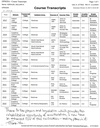
|
2023 mar 5
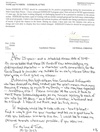
|
2023 mar 5
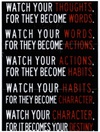
|
More... |
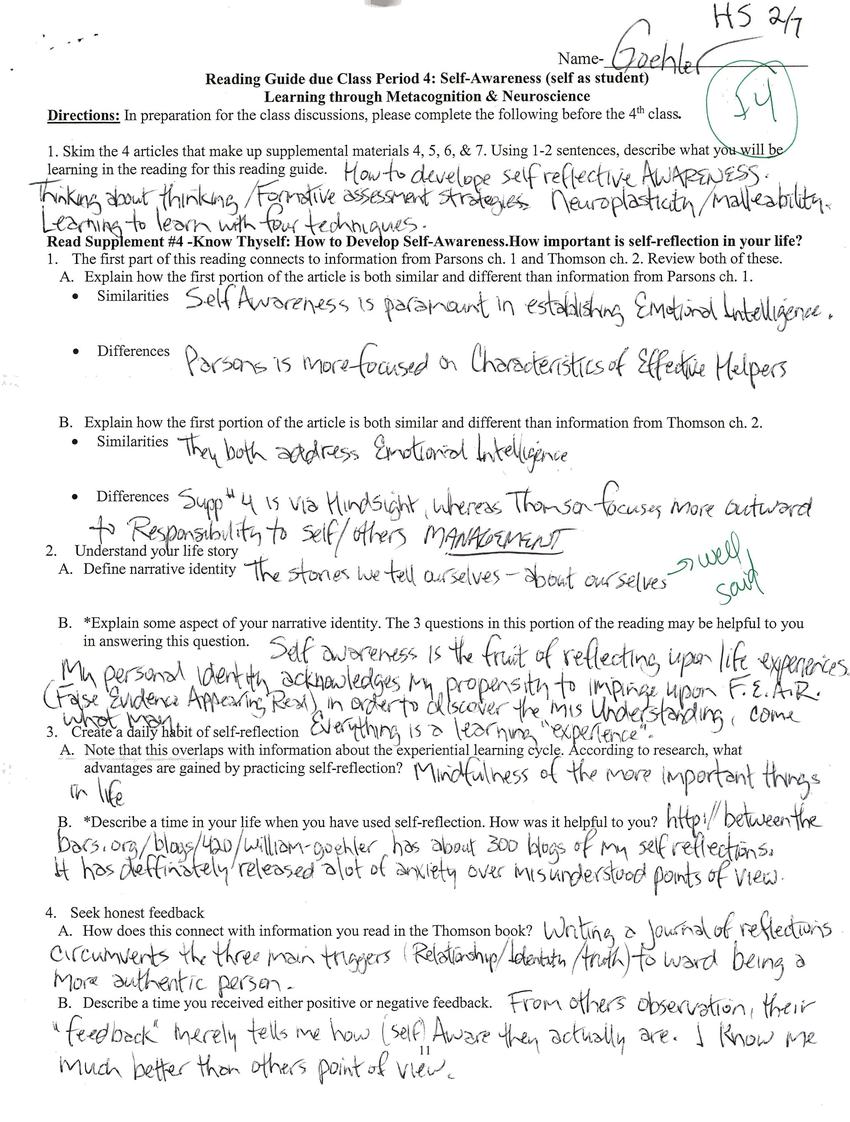
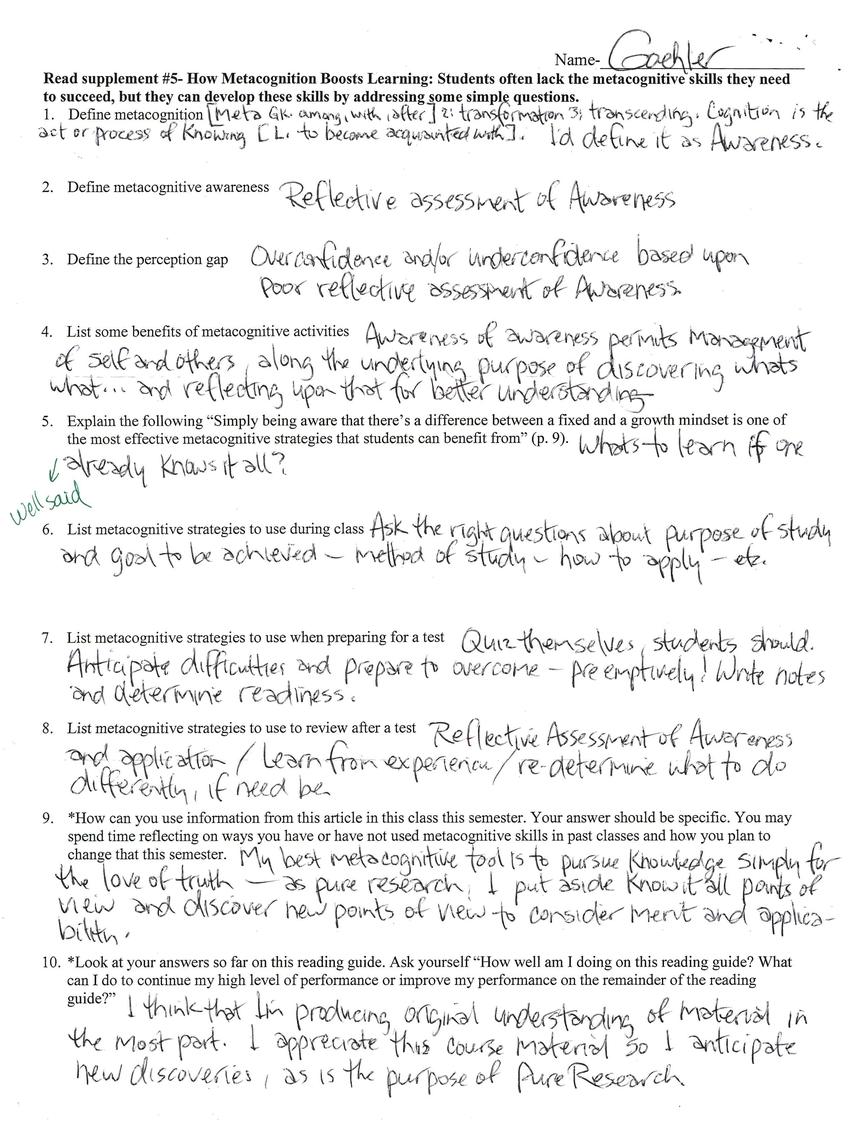
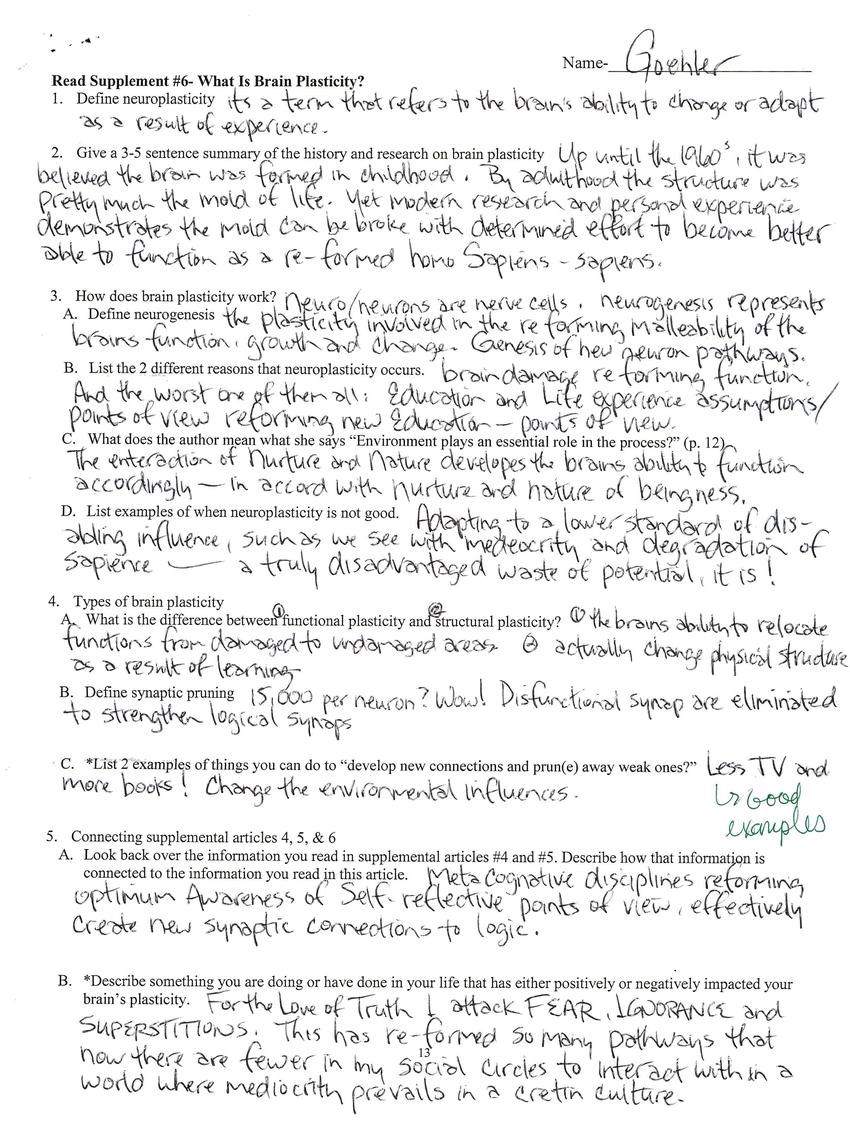
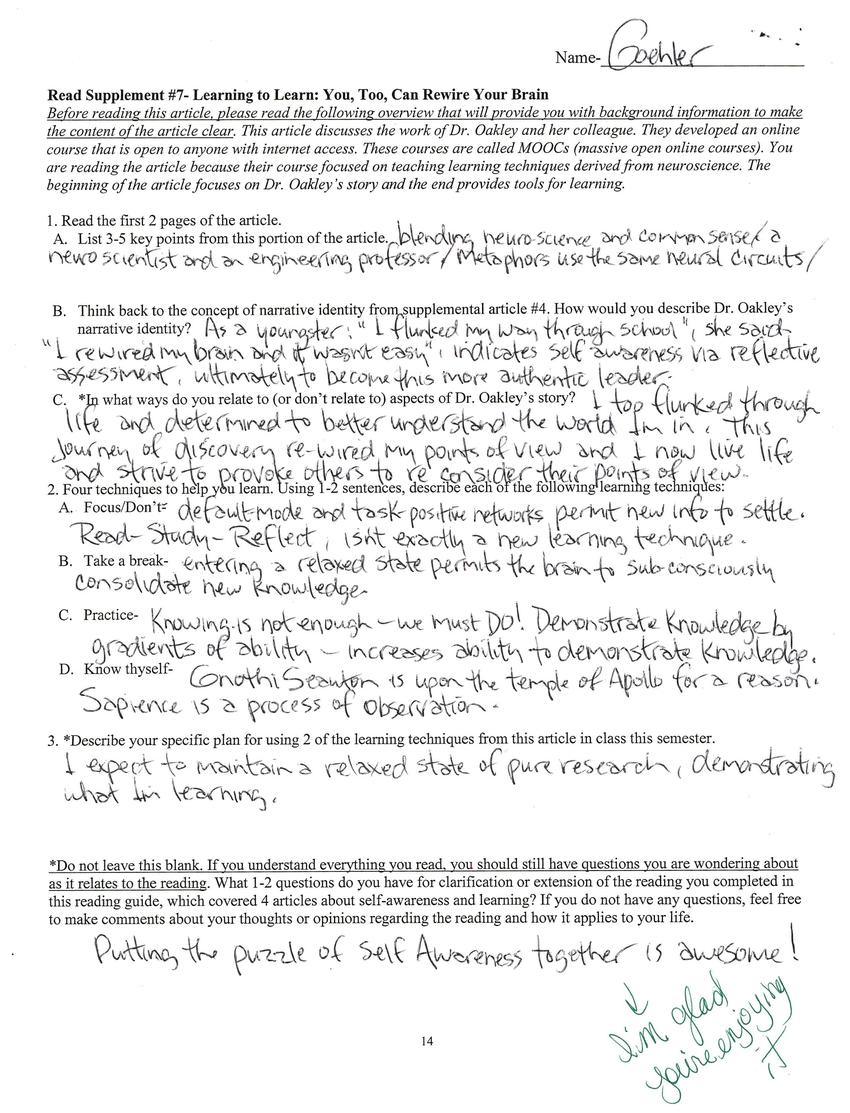
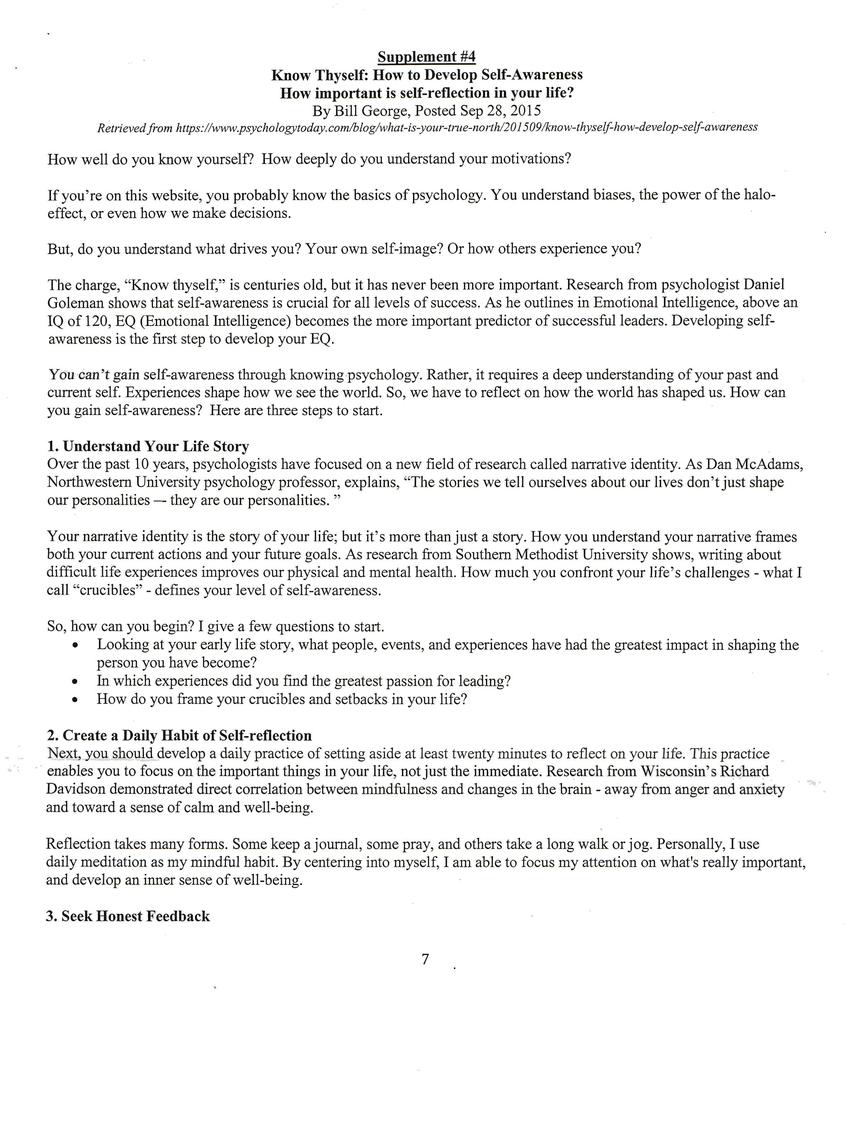
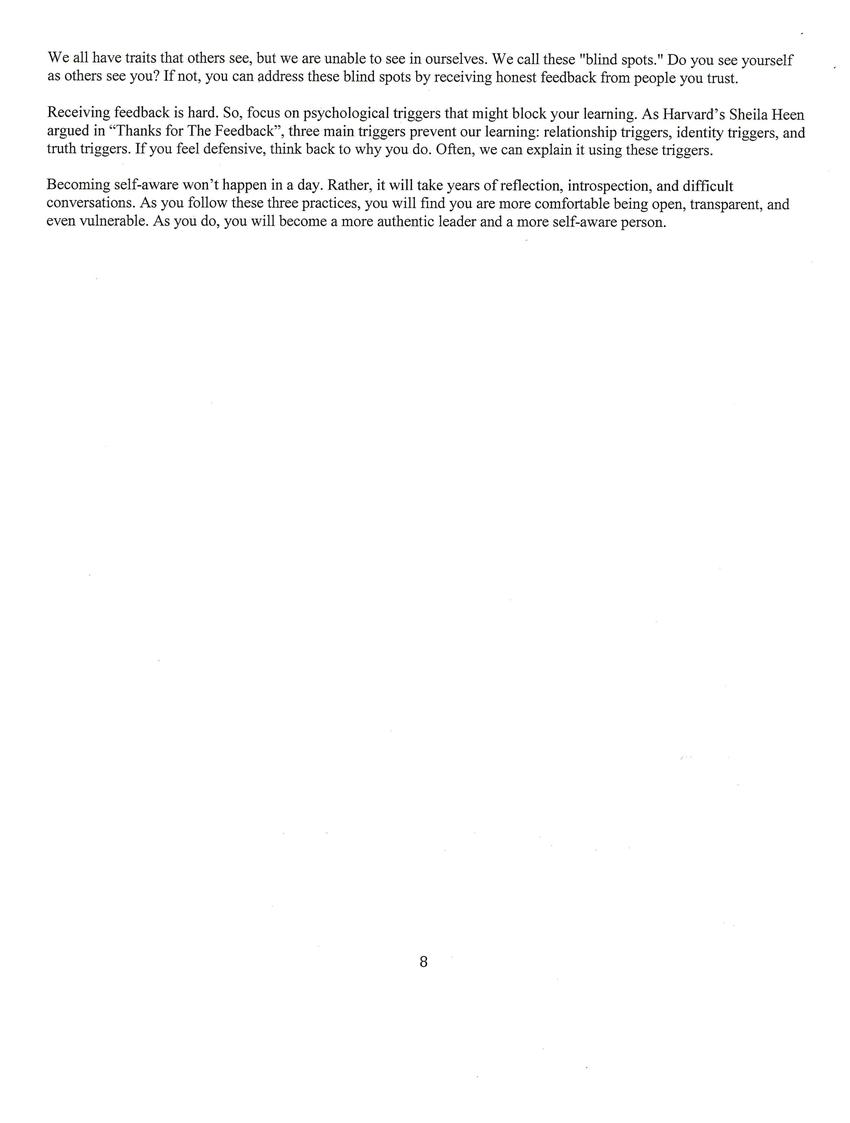
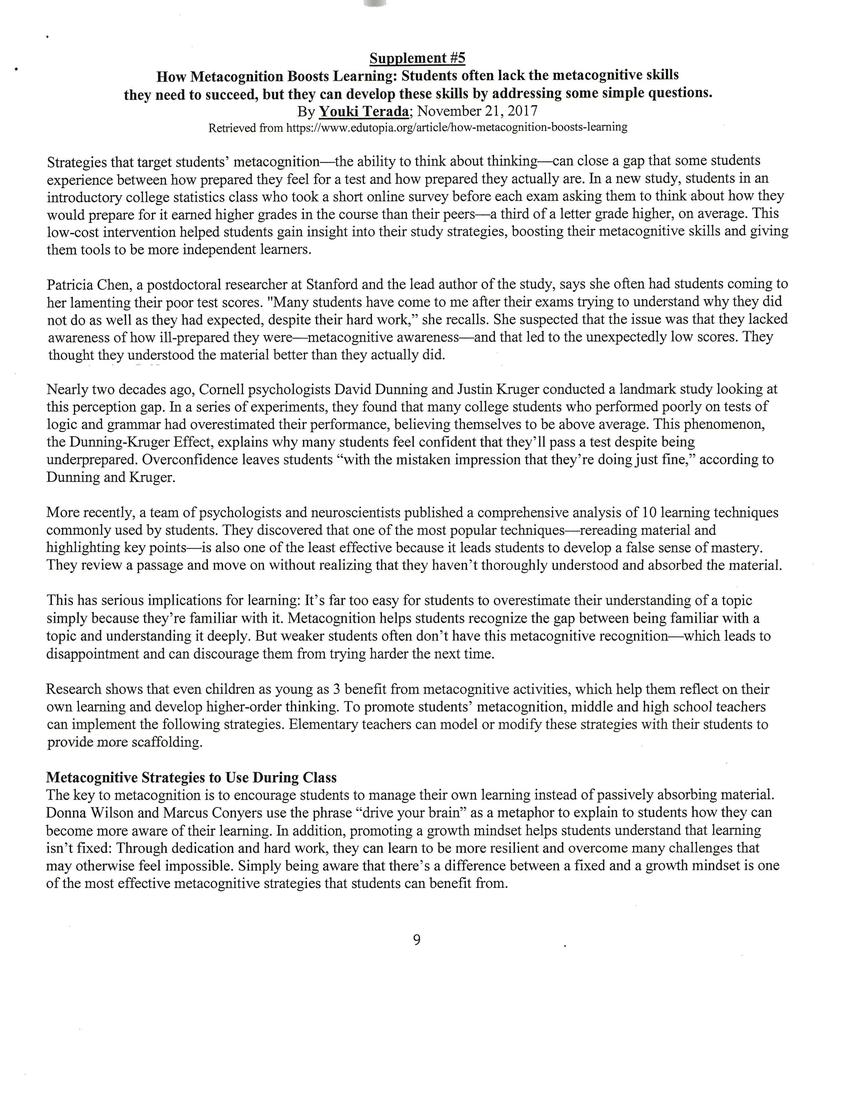
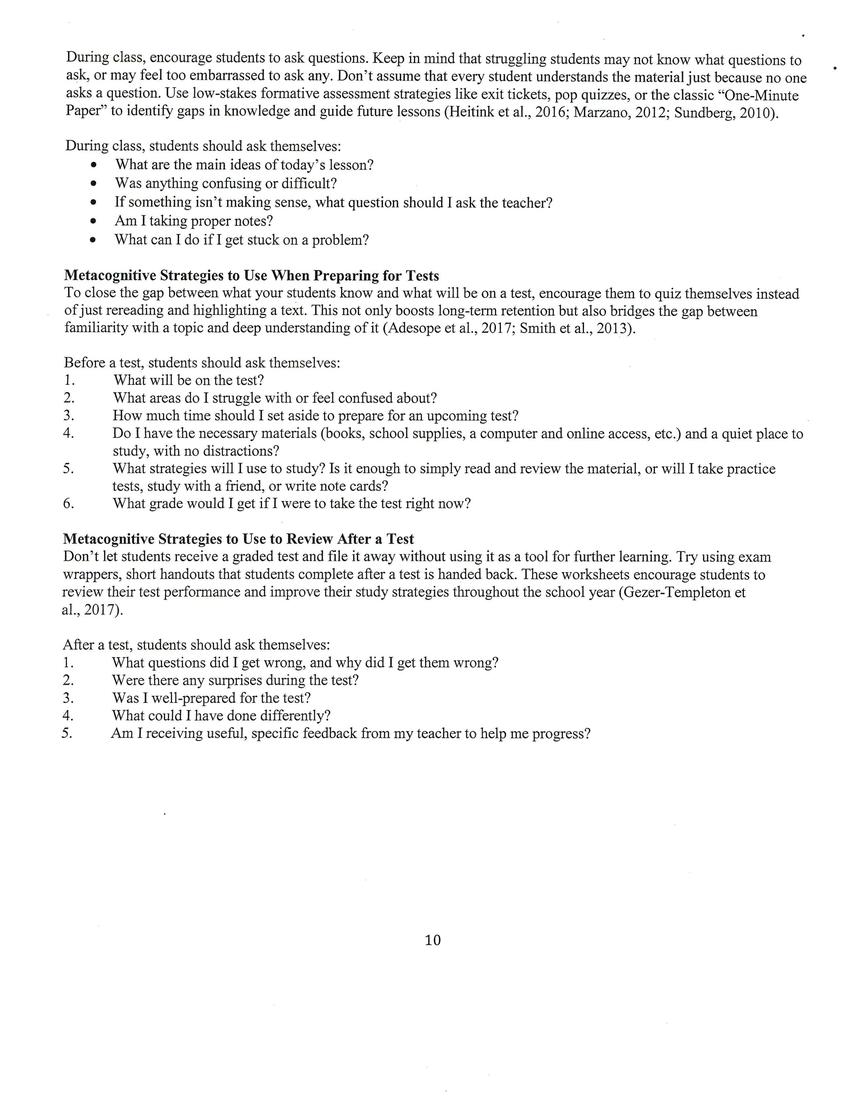

Replies